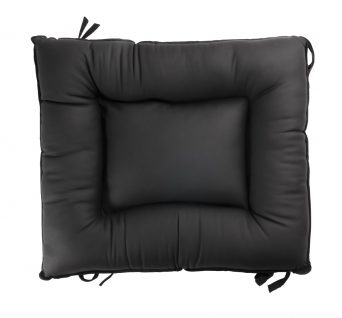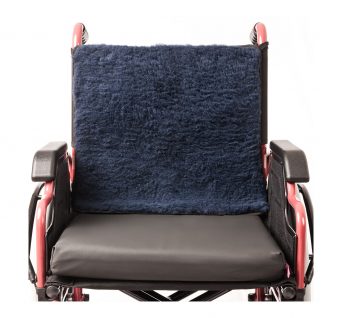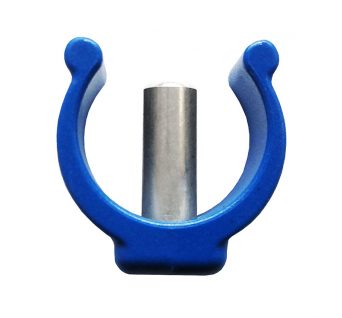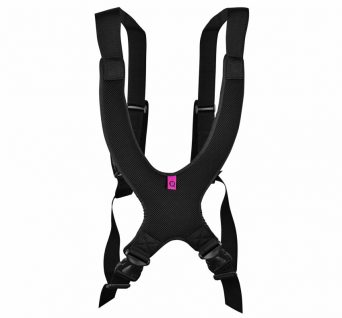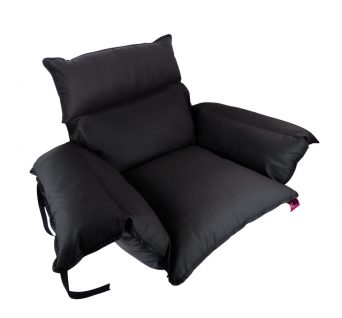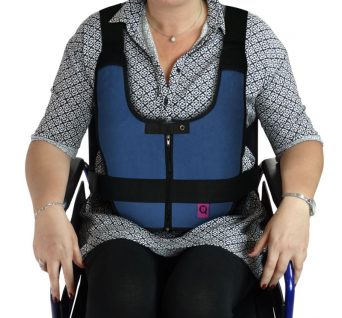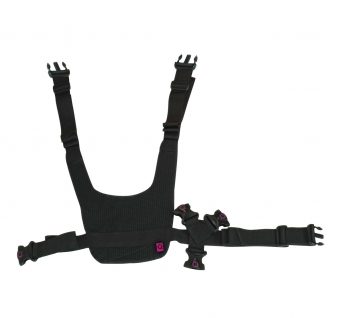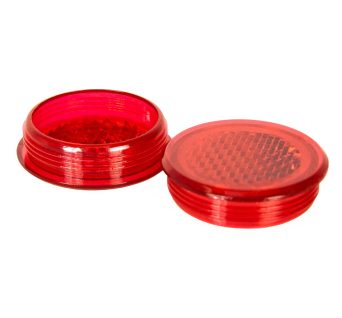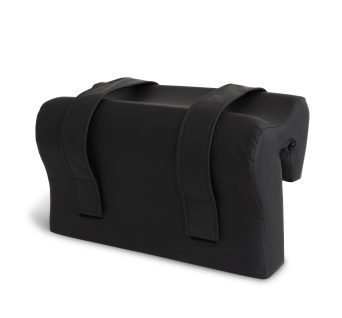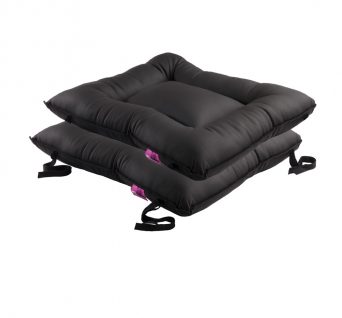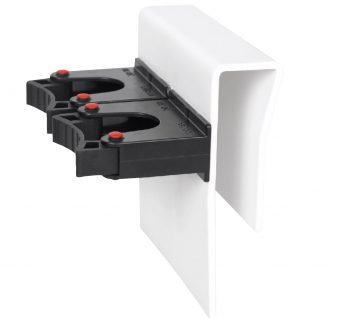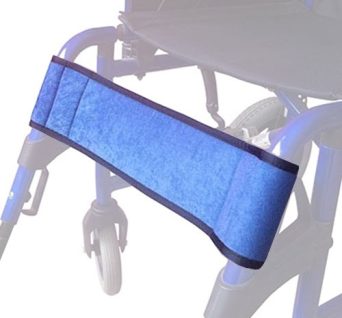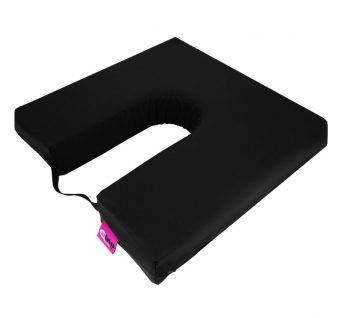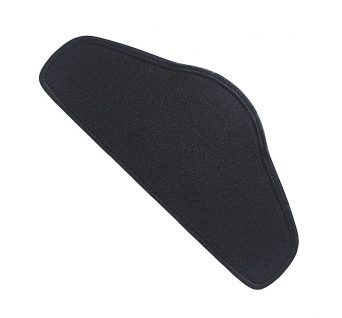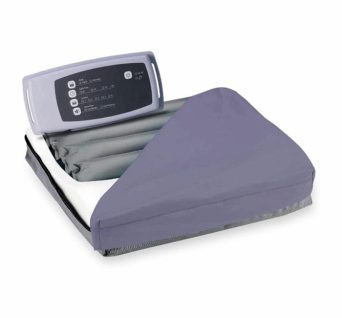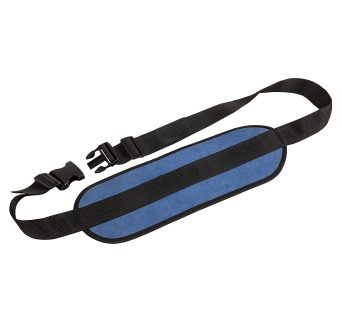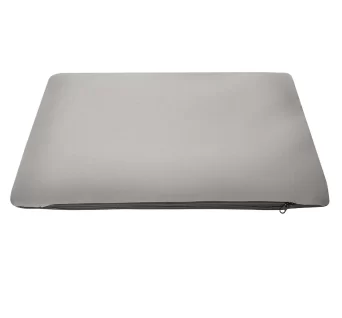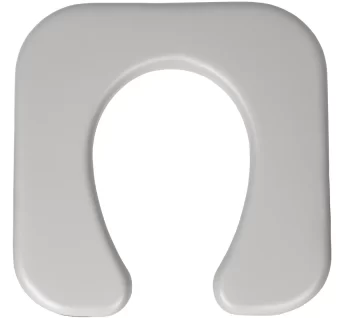No products in the cart.
Mobility Accessories
Showing 1–30 of 57 resultsSorted by popularity
- Wheelchair Cushions
Dual Layer Wheelchair Cushion
Progressive density, 10cm memory foam wheelchair support cushion with liquid resistant cover.
It can alleviate discomfort associated with sitting for long period of time. Perfect for wheelchair bound individuals offering comfort and pressure relief.
The memory foam is durable and layered for optimal processive support. Castellated memory Foam wheelchair cushion so it is easy to take with you no matter where you go.
Includes wipeable, liquid resistant cover with protective skirt cover over zipper for further continence resistance.
SKU: 1020 - Wheelchair Cushions
Gel Wheelchair Cushion, High Pressure Care
Pressure relief gel and memory foam cushion, make sitting comfortable.
Gel & foam chair cushions are very effective for people who need a little extra padding when sitting for extended time periods.
Pressure sores are an issue when sitting immobile where our gel cushion is supporting and contouring for relief from the constant pressure.
Includes wipeable, liquid resistant cover.
SKU: 102428 - Wheelchair Accessories
Wheelchair Back Bag
Nylon wheelchair bag with 2 loops to hang over the back of a wheelchair
With a functional and an all-black classy design, this wheelchair back bag offers ample storage and quick access to all of your stuff.
The bag fits easily on the back of a wheelchair with two loops.
SKU: 708200 - Wheelchair Accessories
Wheelchair Drainage Bag Holder
Contains Spills – Discreet – Convenient
One of many useful additions to a standard wheelchair for effective and efficient patient care, the Wheelchair Drainage Bag Holder provides a place to protect and transport a patient’s urinary drain bag. The Wheelchair Drainage Bag Holder is perfect as it can fit right on the back of a wheelchair and discreetly contain a single drainage bag without drawing attention.
SKU: 3623 - Wheelchair Cushions
Ubio Chair Seat Pillow
Ubio Chair Seat Pillow, Distributes body weight evenly, alleviates discomfort associated with sitting for longer periods.
Feel the comfort difference with this Ubio Chair Seat Pillow. The thick, fluffy seat cushion can be modified to fit any shape and size chair, instantly creating the experience of high soft, comfortable seating. It is made with a soft fluffy exterior filled with antibacterial, breathable silicone fibre.
- Thick and comfortable
- Breathable and Moisture-wicking
- Excellent support
- Suitable for use on different wheelchairs
SKU: n/a - Wheelchair Accessories, Wheelchair Cushions
Wheelchair Back Cushion
Comfortable Anti-decubitus backrest chair and wheelchair cushion with soft wipeable fabric cover.
Our Wheelchair Back Cushion provides comfort and support to those staying in their chair for extended periods.
The soft but firm cushion is filled with silicone fibre, which provides a comfortable yet supportive base for your back, allowing optimal blood circulation throughout the body.
- Compatible with various wheelchairs
- Antibacterial and breathable silicone fibre
- Fluid-resistant surface: easy to clean
- Soft and comfortable
SKU: 106110 - Wheelchair Belts & Harnesses
Wheelchair Chest Harness
4-point wheelchair belt for firm trunk control with more freedom of movement in the shoulders.
Helping you stay independent in your wheelchair, our Wheelchair Chest Harness is designed to aid in transfers, enable independence, and improve posture.
The 4-point support takes the pressure off your shoulders and distributes it to prevent pressure areas and skin breakdown. The shoulder support also helps improve upper extremity control and security.
- 4-point support
- Easily adjustable
- Improved balance and control
- Secure
SKU: 305200 - Wheelchair Cushions
Padded Wheelchair Cushion with Back and Arm Padding
Maximum coverage wheelchair cushioning for those at high risk of pressure areas, injury, or in need of extra comfort.
Ideal for patients of any age, this Padded Wheelchair Cushion with Back and Arm Padding is a must-have. Maximizing comfort, safety, and support, the cushion features thick, softback and arm covers that offer maximum coverage to those at high risk of pressure areas, injury, or in need of extra comfort.
Ideal for patients who suffer from pressure ulcers, diabetes, or oedema near the buttocks, thigh, and shin area.
SKU: 106400 - Wheelchair Belts & Harnesses
Wheelchair Belt with Padded Support Vest
Wheelchair padded support vest for lower mid and upper torso support.
- Shoulder supports fit securely for improved upper extremity control and respiratory function.
- Waist belt sits comfortably for security and various pelvic positioning needs.
- Easily adjustable and removable to aid with frequent transfers.
SKU: n/a - Wheelchair Belts & Harnesses
Wheelchair Belt with Support Vest
Wheelchair belt with breathable vest support. 100% polyester, suitable for commode use.
- Shoulder supports fit comfortably for improved upper extremity control and security.
- Waist belt sits comfortably for security and various pelvic positioning needs.
- Easily adjustable and removable to aid with frequent transfers.
SKU: 3448 - Wheelchair Accessories
Deluxe Lateral Arm Support
Help prevent lateral leaning. Provides a convenient elevated armrest to facilitate arm use and rehabilitation.
Deluxe Wheelchair armrest cushion has been designed for maximum comfort with its ultra soft vinyl surface and high density supportive foam interior.
This Wheelchair armrest cushion reduces the risk of pressure areas, is an important tool in care for stroke patients, offers elevation, assists with conditions causing loss of dexterity in their arm and discourages lateral leaning.
Wheelchair armrest cushion is suitable for use on left and right wheelchair armrests and is highly recommended for use on both sides at one time.
This cushion is latex free, fire retardant, water resistant & easy to clean.
SKU: 2588 - Wheelchair Accessories, Wheelchair Cushions
Lateral Wheelchair Cushions
A pair of lateral support wheelchair padded cushions.
Made especially for wheelchair users who have difficulty keeping their balance, these Lateral Wheelchair Cushions are designed to provide support and comfort on both sides of the body while sitting.
Lateral support wheelchair cushions help eliminate the side-to-side rocking that can cause skin damage in very slender wheelchair users.
SKU: 106351 - Commode Accessories, Wheelchair Accessories
Wheelchair Calf Strap
Ubio Wheelchair Calf Rest Strap keep feet safely and comfortably on footplates with calves relaxed.
Suitable for use with most wheelchairs, the Ubio® Wheelchair Calf Rest Strap is designed to prevent the user’s leg from falling back from the wheelchair’s footplates. Comprised of padded material and Velcro fastening, it is ideal for those who are wheelchair-bound and need to be able to relax their calves.
- Compatible with most standard wheelchairs
- Comfortable
- Velcro fastening
- Padded and firm
SKU: 307201 - Wheelchair Belts & Harnesses
Padded Safety Lap Wheelchair Belt, 15cm
Padded wheelchair abdominal belt, with wide 15cm pressure redistribution cushion
Prevents the wheelchair occupant from leaning, slipping or suffering from bad posture. Made of durable nylon material with a soft, padded polyester interior, the belt is lightweight yet strong enough to prevent slipping or sliding forward in the wheelchair.
The padded lining helps distribute pressure evenly around the abdomen for enhanced comfort during extended wear.
SKU: 305502 - Wheelchair Cushions
Gel Wheelchair Cushion Pad Cushion
Pure gel wheelchair cushion distribute the pressure uniformly throughout the base of the cushion and cradles bony areas
Peak pressures are reduced dramatically and provides the skin with more protection. Preventing heat build-up, gel cushion helps combat micro-climate.
Ensures the close molding of the contours in the sacrum area whilst at the same time helping to eliminate friction.
SKU: 103352 - Wheelchair Accessories
Over Toilet Aid Soft Upholstered Seat Replacement
With a simple and hassle-free installation process, you can quickly attach the replacement seat to your over toilet aid, transforming your bathroom experience within minutes.
Replacement seat for Over Toilet Aid with Soft Seat
SKU: 40204
Mobility Accessories
Mobility equipment accessories are designed to enhance the functionality, comfort, and convenience of mobility aids such as wheelchairs, mobility scooters, walkers, and canes. There is a wide range of accessories available to cater to different needs and preferences. Here are some common accessories for mobility equipment:
Cup Holders: These attachable holders allow users to carry drinks or beverages while using their mobility equipment. Bags and Pouches: Attachable bags and pouches provide storage space for personal items like keys, wallets, phones, and medications. Cane and Crutch Holders: These holders secure canes, crutches, or walking sticks to the mobility equipment when not in use. Seat Cushions: Cushions improve comfort and pressure relief for users who spend long hours in wheelchairs or mobility scooters. Backrests: Detachable or adjustable backrests can enhance the comfort and support of wheelchairs or scooters. Rain Covers: Rain covers protect mobility equipment and users from inclement weather. Lap Trays: These trays provide a stable surface for eating, writing, or other activities while in a wheelchair or scooter. Oxygen Tank Holders: For individuals who require oxygen therapy, these holders secure oxygen tanks to the mobility device. Reflectors and Lights: Enhance visibility and safety during nighttime or low-light conditions. Cushioned Armrests: Comfortable armrests provide added support and relaxation during use. Anti-tip Devices: These devices prevent wheelchairs or scooters from tipping over when navigating steep ramps or uneven terrain. Wheelchair Ramps: Portable ramps make it easier to access buildings and vehicles with mobility equipment. Casters and Wheels: Upgraded wheels or casters can improve the maneuverability and stability of wheelchairs and scooters. Cane and Walker Accessories: These may include attachments like trays, baskets, and specialized tips to enhance the functionality of canes and walkers. Headrests: Headrests can provide added comfort and support for individuals who require neck and head support. Luggage and Carrier Attachments: Some mobility equipment can be fitted with carriers or luggage attachments for transporting groceries or personal items. Joystick Controllers: For electric wheelchairs or mobility scooters, customizable joystick controllers can improve ease of use. Arm and Leg Supports: These provide additional support and stability for users with limited mobility in their limbs. Communication Devices: Some accessories can be added to mobility equipment to accommodate communication devices for individuals with speech impairments.
When considering mobility equipment accessories, it's essential to choose options that are compatible with your specific device and meet your individual needs. Consult with healthcare professionals or mobility equipment specialists to ensure that you select the right accessories for your situation.
What Accessories Should I Look At For Crutches?
Crutches are mobility aids that can be essential for individuals recovering from injuries or surgery that affect their ability to walk. To make the use of crutches more comfortable and convenient, consider the following recommended accessories:
Crutch Pads and Covers: Crutch pads are cushioned covers that wrap around the crutch handles and underarm rests. They provide comfort and reduce pressure on your hands and underarms. Hand Grips: Ergonomically designed hand grips can provide a more comfortable and secure grip while using crutches. Underarm Cushions: Soft underarm cushions or armpit pads can alleviate discomfort and chafing caused by prolonged use of crutches. Crutch Tips and Feet: Durable rubber crutch tips or feet ensure better traction and stability on various surfaces, including wet or uneven terrain. Pouch or Bag: Attach a pouch or bag to one of the crutches to carry small personal items like keys, wallets, or phones hands-free. Crutch Holders: A crutch holder allows you to secure your crutches together when not in use, making them easier to carry and preventing them from falling over. Reflectors or Lights: For increased visibility and safety when walking at night or in low-light conditions, consider adding reflectors or LED lights to your crutches. Stair Climbers: Stair climbers are attachments that can make it easier to navigate stairs and curbs while using crutches. Forearm Supports: Instead of traditional underarm crutches, some people prefer forearm crutches, which provide support at the forearm rather than under the arms. Shock Absorbers: These accessories can help reduce the impact on your wrists and arms when using crutches.
When choosing accessories for your crutches, consider your specific needs, such as comfort, stability, and convenience. It's also a good idea to consult with a healthcare professional or physical therapist who can provide guidance on selecting the right accessories and ensure that your crutches are adjusted properly to your height and body dimensions. Properly fitted and accessorized crutches can significantly improve your mobility and comfort during the recovery process.
What Accessories Are Available For Rollator Walkers?
Rollator walkers are mobility aids that offer support and stability while walking, and they can be enhanced with various accessories to improve comfort, convenience, and functionality. Here are some common accessories available for rollator walkers:
Seat and Backrest Cushions: These cushions provide added comfort when sitting on the rollator's built-in seat and leaning against the backrest. Storage Pouches and Baskets: Attachable pouches, baskets, or bags offer storage space for personal items, groceries, or medical supplies. Cup Holders: Attachable cup holders allow you to carry drinks or beverages while using your rollator. Tray Tables: Tray tables can be added to the rollator to provide a stable surface for eating, reading, or other activities. Lights and Reflectors: Improve visibility and safety by attaching lights or reflectors to the rollator, especially when walking in low-light conditions. Oxygen Tank Holders: Secure oxygen tanks to the rollator for individuals who require oxygen therapy. Cane and Crutch Holders: These holders allow you to attach canes or crutches to the rollator when they're not in use. Umbrella Holder: Attach an umbrella holder to keep you dry in inclement weather while using your rollator. Cushioned Armrests: Padded armrests can provide added comfort and support. Travel Bags: Specialized travel bags are designed to fit rollators for easy transportation on trips or outings. Wheelchair Transfer Boards: For individuals who use both a rollator and a wheelchair, transfer boards can assist with moving from one mobility aid to the other. Folding Mechanism: Some rollators come with a folding mechanism that makes them easier to store and transport. Forearm Supports: These provide added stability and support for individuals who prefer forearm support over traditional handgrips. Brake Accessories: Upgraded brake handles or attachments can improve the ease of use and control of the rollator. Reflective Tape: Add reflective tape to enhance visibility, especially if you use the rollator during dawn or dusk. Travel Bag Attachments: Some rollator accessories include travel bags designed to attach to the front or sides of the rollator for easy access to belongings. Phone or Tablet Holder: Attachable holders can secure your phone or tablet for entertainment or communication while using the rollator. Walking Stick Holder: A holder for a walking stick or trekking pole can be added for users who require additional support or stability. Anti-Tip Devices: These attachments provide additional stability and prevent the rollator from tipping over, especially when navigating uneven terrain. Wheels and Tires: Upgraded wheels or tires can improve the rollator's performance on different surfaces.
When choosing accessories for your rollator walker, consider your specific needs and preferences. Not all accessories are compatible with every rollator model, so make sure to check compatibility with your particular rollator before purchasing. Additionally, consult with a healthcare professional or mobility specialist to ensure that the accessories you choose meet your specific mobility requirements.
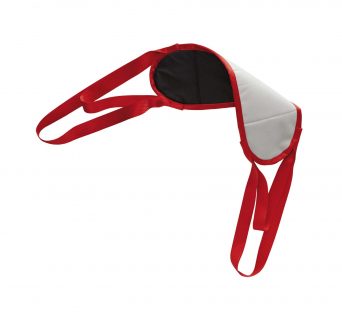
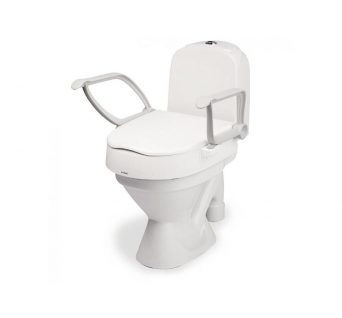
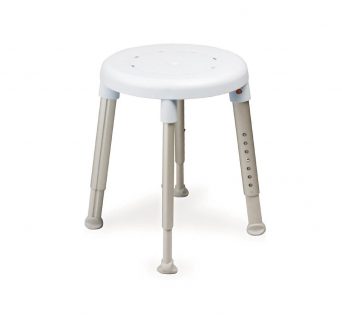
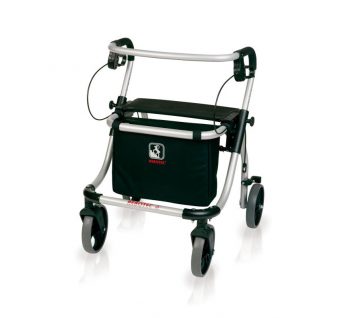
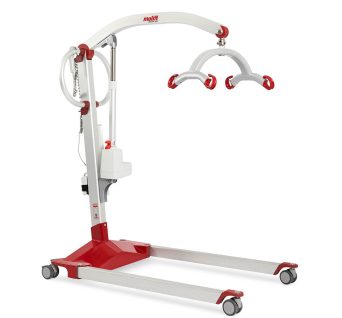
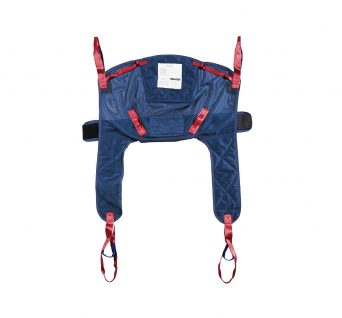
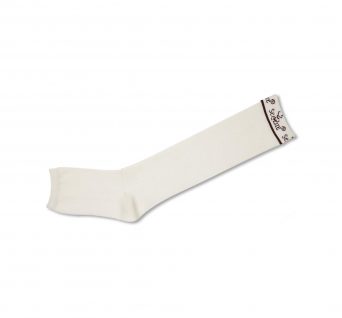
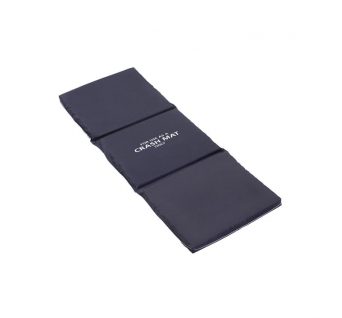
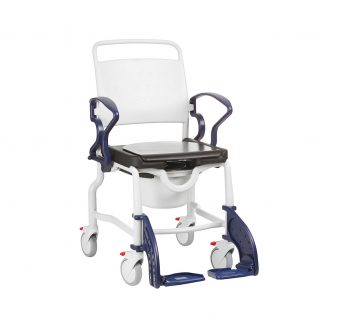
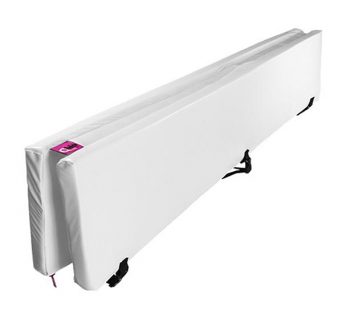
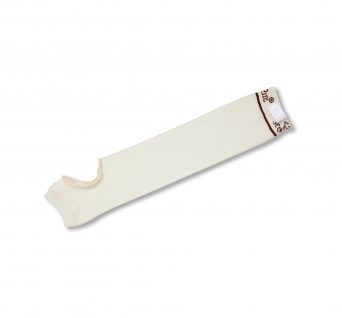
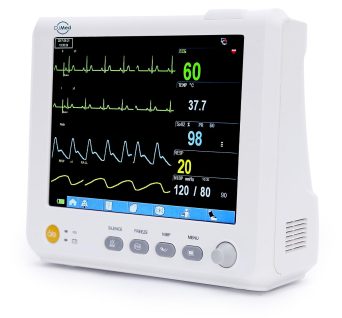
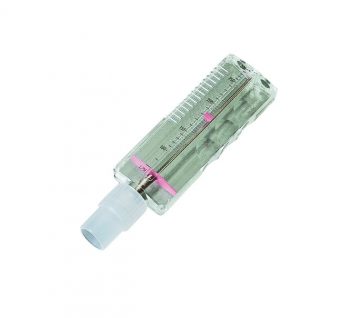
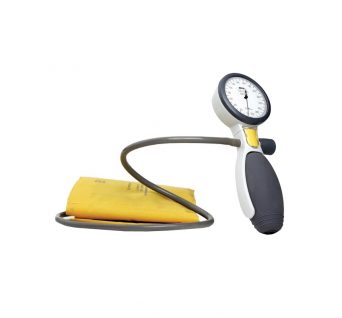
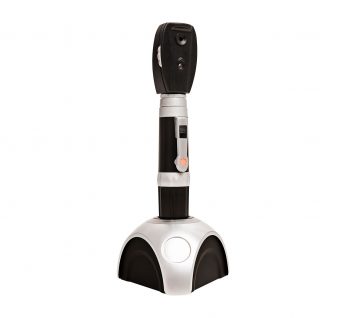
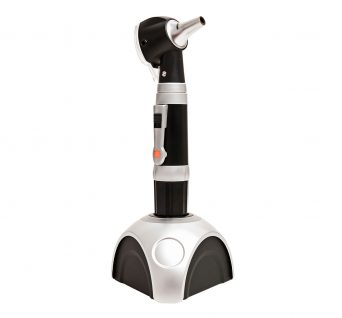
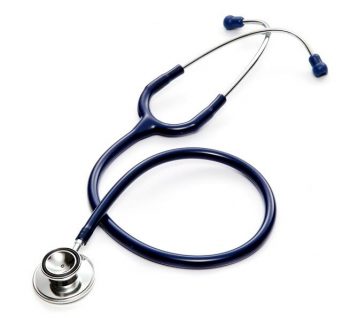
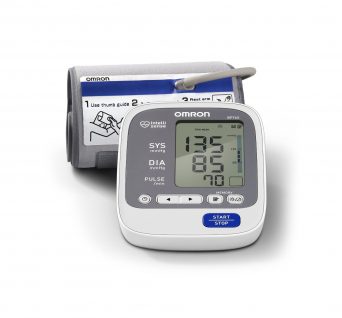
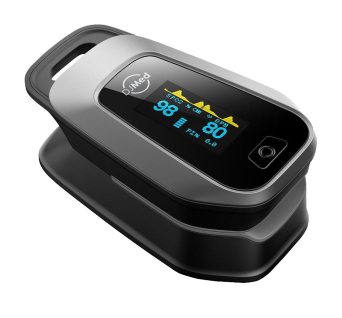
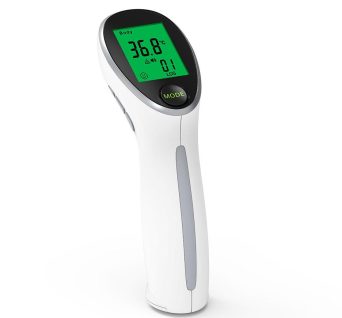
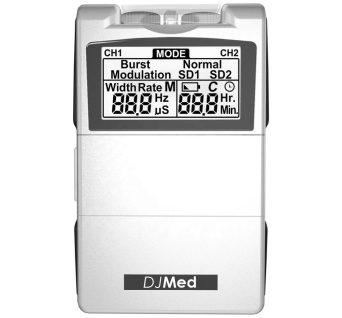
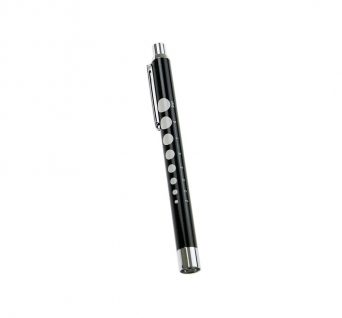
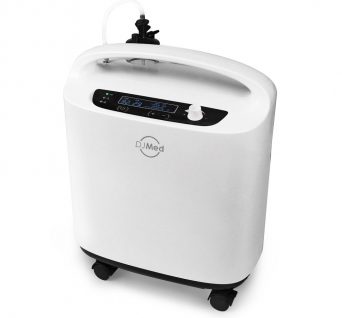
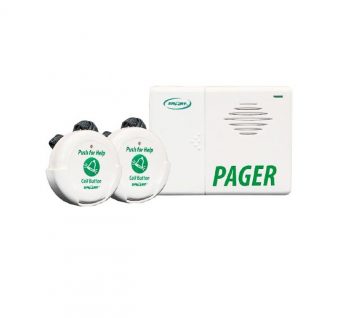
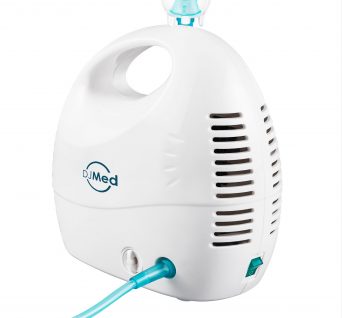
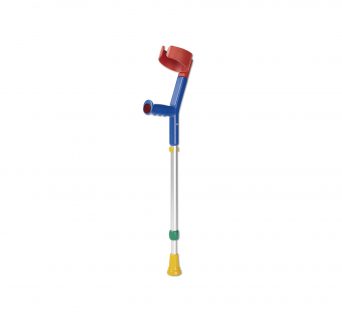
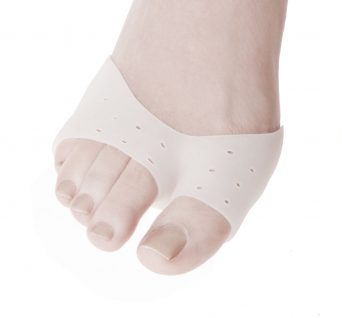
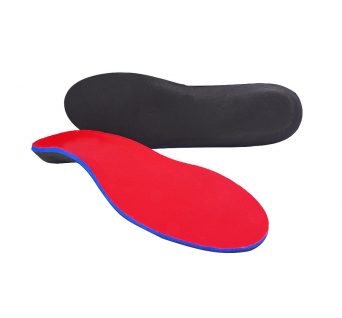
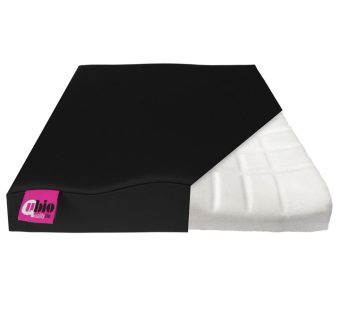
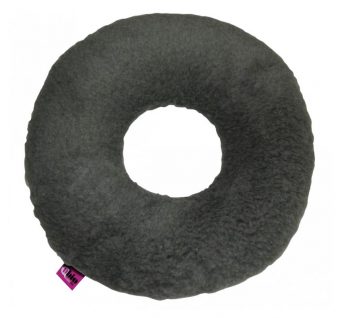
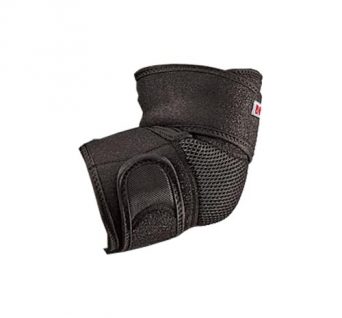
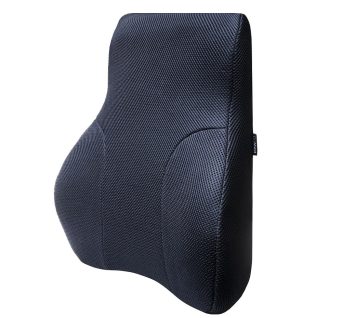
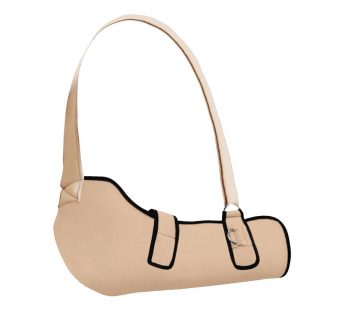
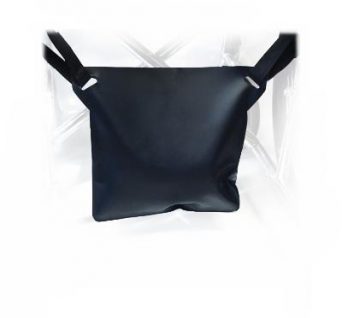
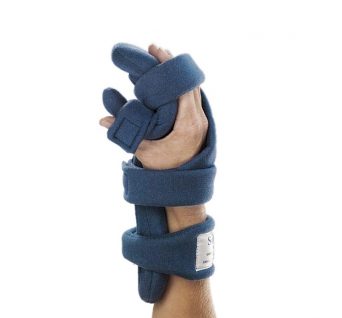
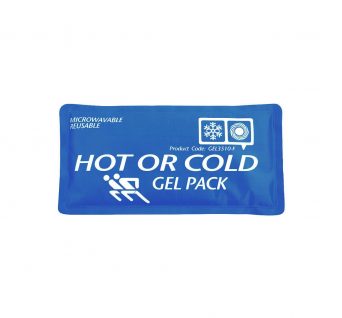
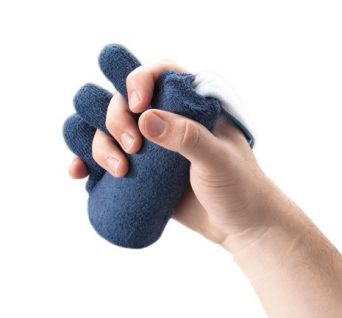
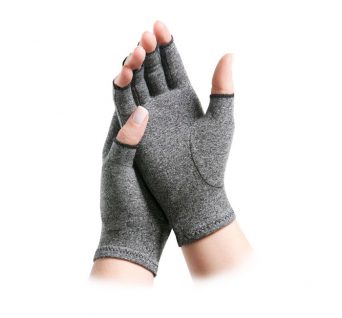
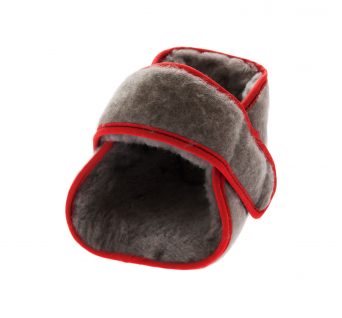
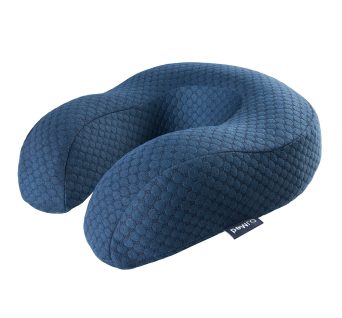
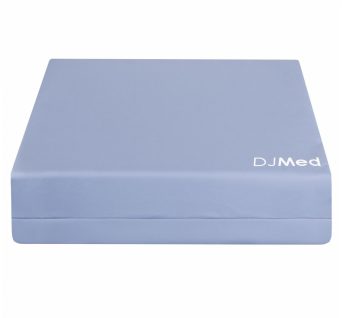
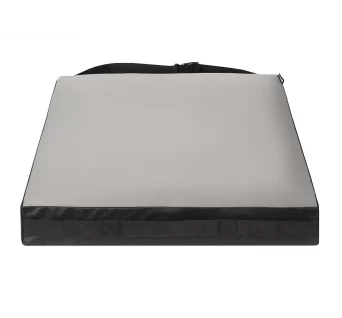
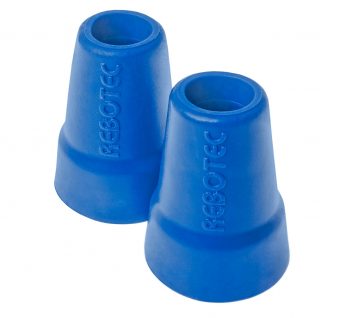
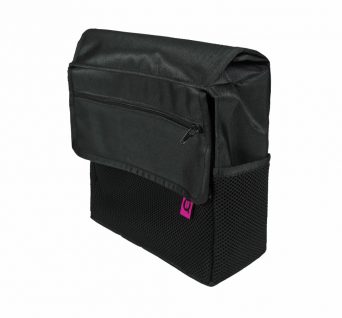
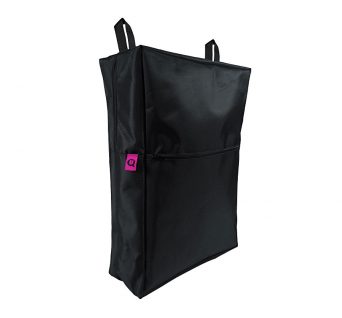
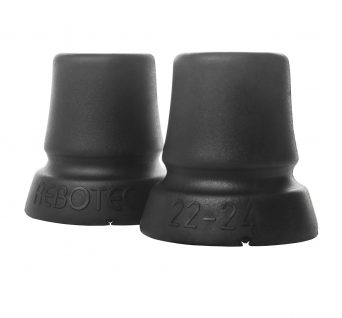
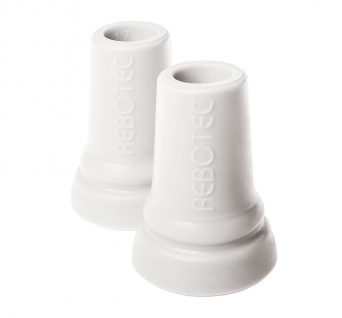
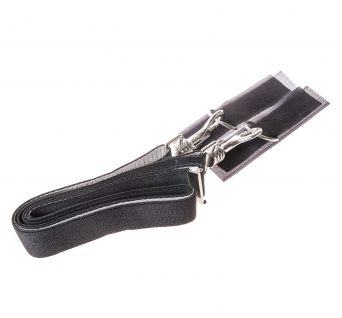
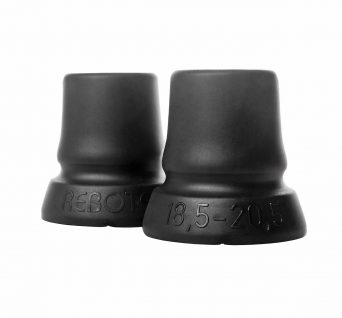
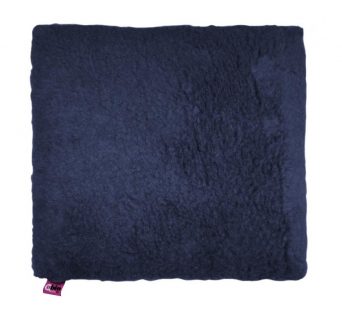
![[vc_row][vc_column][products columns="4" orderby="rand" order="ASC" ids="14009,16899,16339,16335"][/vc_column][/vc_row]](https://dearjane.com.au/wp-content/uploads/Crutch-Handle-Upholstered-Pad-342x318.jpg)
